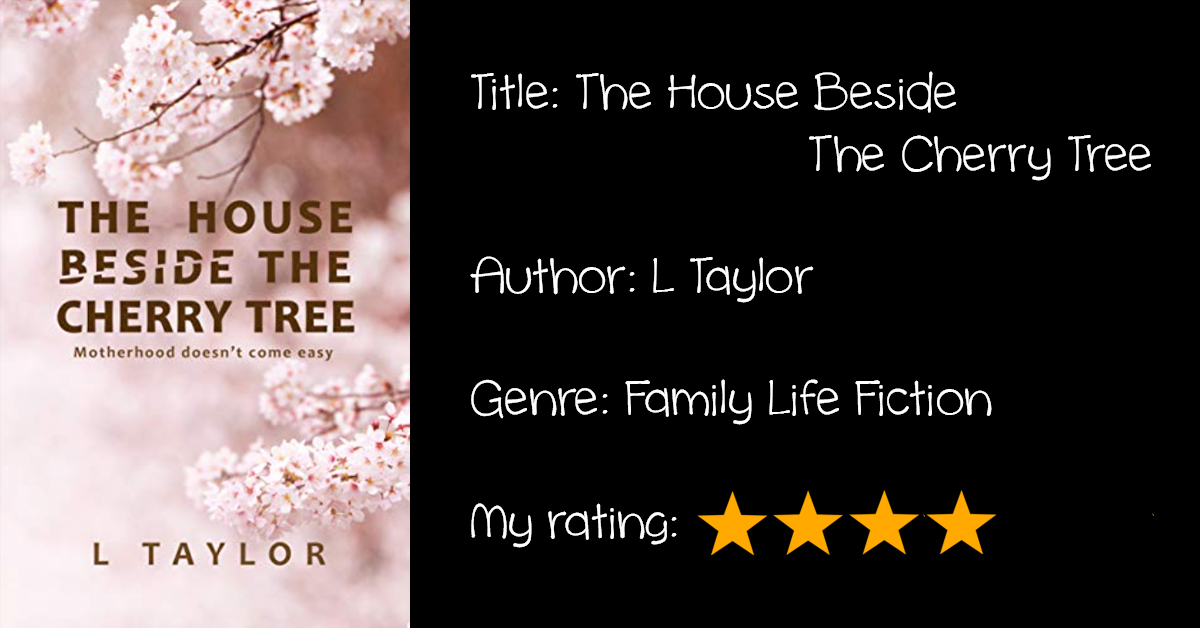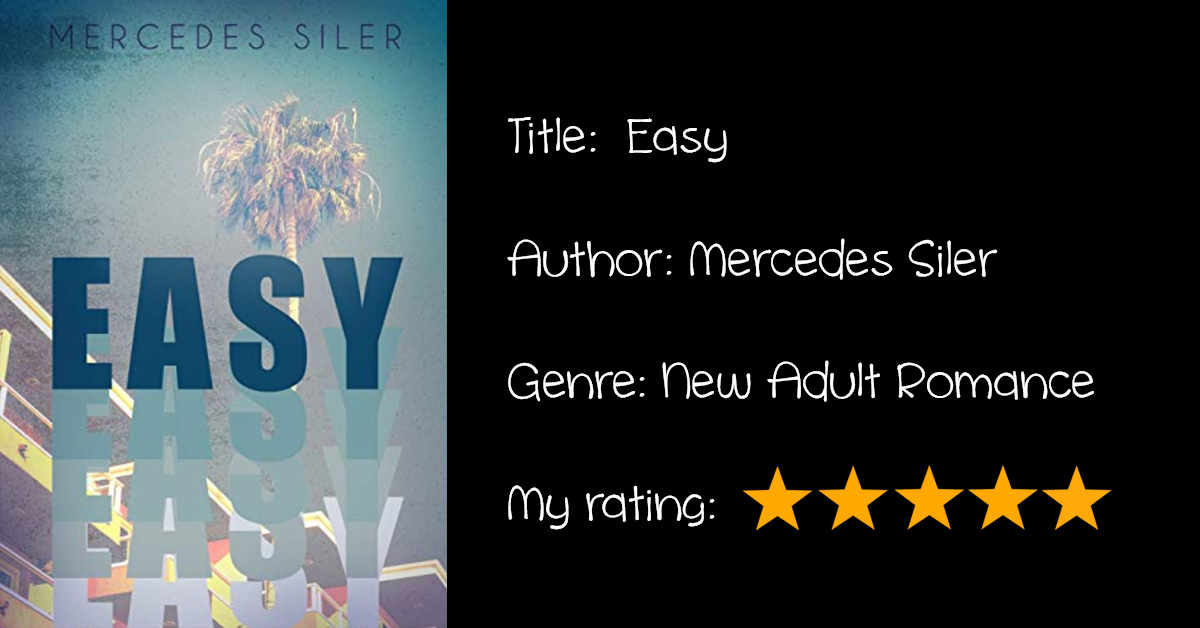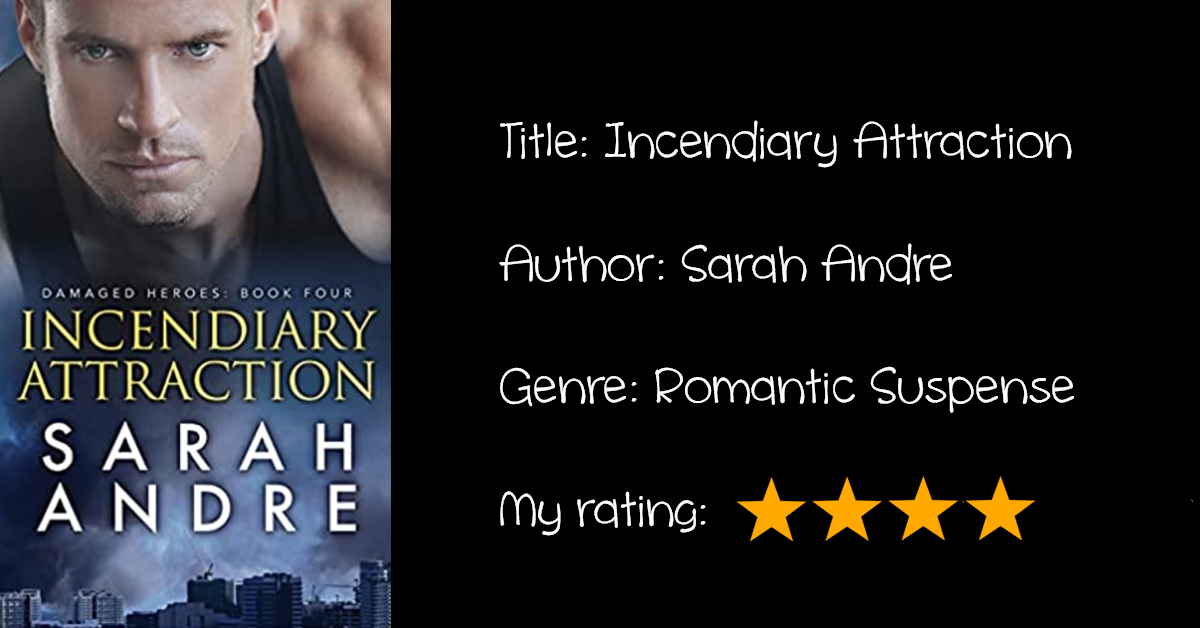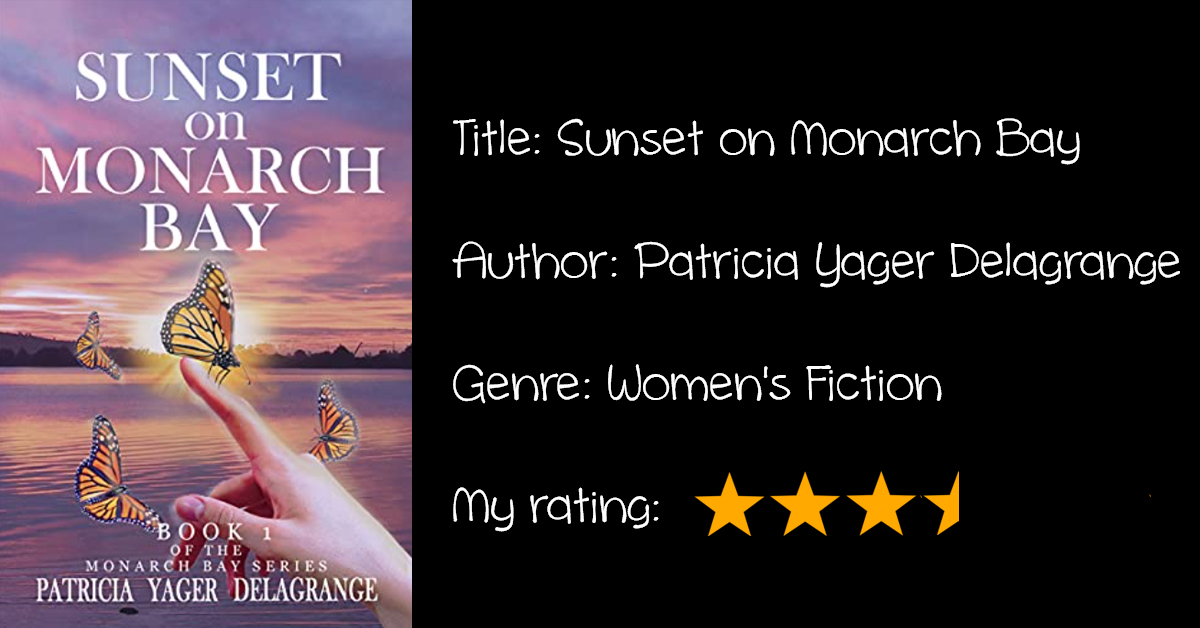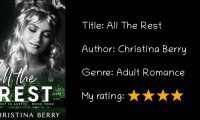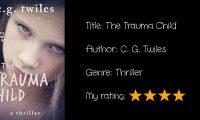Review: “The House Beside the Cherry Tree”
A raw, emotional, gritty drama about the ties that bind, and the mental illness that betrays the concept of family
This was my twenty-fourth book I chose via the Reedsy Discovery program, for which I am the single approved reviewer for this new book. This review also appears on Reedsy.
If you’re interested in becoming a Reedsy reviewer (and have the chance to get paid “tips” to review books!) check it out here.
The Premise
Charting a family’s history beginning in the late 1950s, an epic drama unfolds: forced into early marriage in her late teens, Diane does not acclimatise well to wifehood and motherhood. Richard, barely a man himself, struggles to keep the family together. Years later, their young daughter Frankie is the one who pays the price — living with an absent father, and under the dominating madness of her mother’s fragile mental health. Told from the individual perspectives of all three main characters, this tale reveals the dark and fragmented nature of love and loss.
The Pros & Cons
Whew! This novel is not for the faint of heart. It is a gritty family drama about the ties that bind, and the mental illness that betrays the concept of what a family should represent.
Beginning with a flash-forward to Diane’s spiteful act to the cherry tree in their yard, it traces the origin of her distaste for it as a symbol of family and love.
When she first got pregnant, Diane barely knew Richard, and yet their parents forced the young couple together. It’s “what was done” back in that era — and while Richard jumped at the chance, eager to marry the woman he loved… Diane felt absolutely horrified. She barely remembers their encounter; her virginity was squandered to a boy she barely even liked. She was not in love, and had no plans to fall in love with him.
Richard’s almost immediate pull away from the family to follow his military career also had a negative impact on Diane, who felt alone in her dismay and unqualified to become the concept of “mother” and “wife”. She soon sought love elsewhere, and this led her down a dark path emotionally. As Richard fought, at first, to keep his family together, she railed against him at every step of the way.
When he finally gives up on them, Diane’s mental illness only worsens. By the time Frankie is old enough to understand, she is already aware of her mother’s rage and cowers from her mood swings. When tragedy hits, it sends Diane further down that dark path, and she has a breakdown. The novel’s ebbs and flows chart Diane’s volatile nature over the years as Frankie matures and realises that not all mothers are like this — nor should they be. As the novel winds to a close, ending the first part of a trilogy, things come to a head between Diane and Frankie, and irrevocable decisions are made.
I loved and hated this novel because it made me feel things deeply. I was able to connect so much with each character, and the writer does an excellent job of making each voice sound distinct. I really appreciated the way it unfolds gradually to explore how mental illness expands over time like a dark stain on the family — until it becomes entrenched. There are a few uplifting parts that seem promising and redemptive, but they are soon crushed by Diane’s overwhelming struggles, which in turn affect everyone else. It made for a bumpy, scary, fragile ride of a novel that had me frantically turning the pages to see what would happen next!
There were a few very minor bits and pieces that detracted from the overall reading experience — in terms of pacing, the timeline jumps around a bit and took some getting used to, as multiple characters are recalling incidents at different times from different viewpoints. But overall, this is an exquisite tale of the dark side of love, marriage, and mental illness.
Conclusion
This novel was raw and emotional. It is well written in its characterization, as you love each character and hate them at the same time — they are all fundamentally and fabulously flawed. While you despise Diane’s treatment of her family, you also feel sorry for the pressures she feels as a woman of that time. Similarly, Richard’s approach was infuriating at times, though he was just trying to do his best. This novel really makes you think deeply and consider these characters’ motives, making it feel like a true story or memoir. I can’t wait to see what happens next in this trilogy, and I look forward to reading more from this new author.
